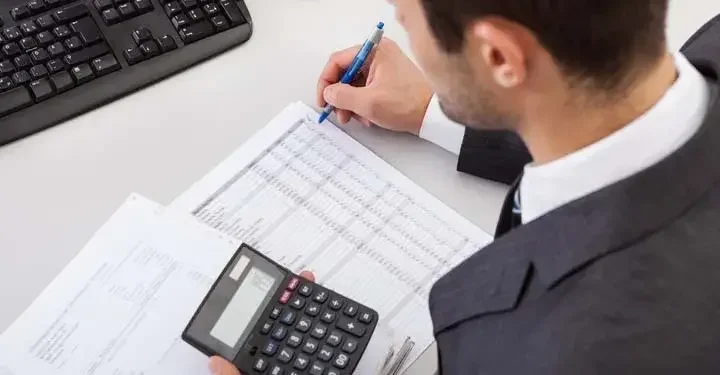If you are the administrator or executor of a probate estate for a deceased friend or relative, an important part of your duties is to provide a probate accounting to the court.

The exact procedure, and the specific forms used, will vary from state to state. However, the following information will help you understand the basics of probate accounting.
If all of the beneficiaries sign a form called a waiver of accounting, probate often may be concluded without an accounting. And, if you are the only beneficiary of the estate, an accounting may not be required. Some states have procedures specific to small estates, typically those with no real estate and a certain maximum estate value, where no accounting is required.
What probate accounting entails
Basically, a probate accounting is a financial record of a probate estate, which has three phases:
- Taking an inventory. One of your first steps is to take an inventory of the estate assets, and prepare and file an inventory form with the court. This lists all the property that is in the estate, and establishes the starting value of the estate.
- Keeping records. As the estate process progresses, you will need to keep records reflecting all income received and expenses paid, and all assets sold or acquired, from the date of the beginning inventory.
- Submitting a final accounting. After all of the debts have been paid, any property that needs to be sold has been sold, and anything remaining is distributed to the beneficiaries as required by law or the terms of the will, you will prepare and submit a final accounting to the court. The probate final accounting will show the beginning inventory, all additions and subtractions, and the ending inventory distributed to the beneficiaries.
We will now take a closer look at each of these phases.
The beginning inventory
The inventory form for your state will indicate what information needs to be included. A fair market value at the time of death needs to be determined for each asset.
The value of some items can be determined by financial statements, such as for bank accounts, stocks, and other securities. For other items, such as real estate, jewelry, or collectibles, it may be necessary to get an appraisal.
If there is money owed to the decedent that hasn't yet been received, that also will be listed on the inventory.
Recording receipts and disbursements
During the course of the estate management, funds may come in, such as from income tax refunds, interest on bank accounts, or income from any business or rental properties the decedent owned. Sometimes these will be from a lawsuit by the estate to collect money owed, or for physical or economic injury to the decedent. Some assets, such as stocks and bonds, may increase or decrease in value.
The estate's debts must be paid. Typically, the first to be paid are the funeral expenses and any medical bills for the decedent's final illness. Things such as credit card debt, mortgage and car payments, utility bills, property taxes, and home insurance and maintenance bills may also require payment. One of your duties will be to determine which claims are valid, which creditors to pay, when to pay them, and in which order. It may be necessary to sell assets in order to obtain the funds needed to pay off the debts.
To keep adequate records of all of this, one of your first steps will be to open a separate checking account for the estate. Any existing bank accounts can be closed and the funds deposited into the estate account. Any funds received should be deposited in this account, and all payments should come out of this account. You will need to keep a record of receipts and disbursements. For funds received, this should include the date, amount, and source of the funds. For disbursements, you should include the date, amount, name of the payee, and a description of what the payment was for.
Once all funds due to the estate have been received, and all legitimate debts have been paid, you will distribute the remaining assets to the beneficiaries. If there is no will, all assets are typically converted to cash, which is divided among the beneficiaries as required by state law. If there is a will, it may give specific property, or specific sums of cash, to certain beneficiaries. Once all of the assets have been properly distributed, it's time to prepare and file the final accounting for the estate.
The final accounting
The final accounting is a form filed with the court that summarizes the financial changes since the initial inventory. It won't list every transaction, although such records need to be kept, in case any questions arise.
The final accounting will list the basic information that was in the inventory, and will set forth the total amount of funds received and total disbursements, including the distribution to the beneficiaries. It also will list the sale of any assets that were listed in the inventory. If any property was sold for less than the appraised value, it may be necessary to explain the difference.
A beneficiary may file an objection to the final accounting if he or she believes it to be inaccurate, or that any transaction was improper. Also, if you fail to file the final accounting in a timely manner, a beneficiary can file a petition or complaint for an accounting.
Complete and accurate probate accounting is essential for avoiding challenges by beneficiaries, and for obtaining a final discharge of your responsibility as the estate's personal representative. A good way to avoid probate issues is to have a solid estate plan in place, for which you may want to engage an online services provider, to help ensure that your final wishes are carried out properly.

